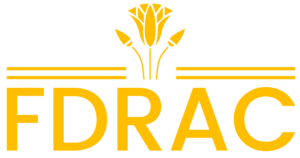
Complementary and Alternative Medicine (CAM) has been growing in popularity in Egypt and Saudi Arabia as many people turn to traditional and natural remedies to complement or replace conventional medical treatments.
Complementary drugs, also known as alternative or traditional medicines, refer to products that are used to treat or prevent diseases or health conditions and are not classified as pharmaceuticals. In Egypt, complementary drugs are regulated by the EDA, which is responsible for evaluating their safety, efficacy, and quality.
The registration process for complementary drugs in Egypt:
1- Submission of the dossier: The manufacturer or distributor of the complementary drug must submit a comprehensive dossier to the EDA that contains all relevant information about the drug, such as its composition, manufacturing process, clinical data, and labeling information.
2- Evaluation of the dossier: The EDA evaluates the dossier to determine whether the drug meets the necessary standards for safety, efficacy, and quality. This evaluation may involve a review of clinical trials, laboratory tests, and other relevant information.
3- Approval of the drug: If the drug meets the necessary standards, the EDA will grant marketing authorization, which allows the drug to be sold in the Egyptian market.
4- Post-marketing surveillance: The EDA may require additional monitoring and surveillance of the complementary drug to ensure its ongoing safety and efficacy. This may involve regular inspections of manufacturing facilities and monitoring of adverse events associated with the drug.
**It is important to note that the registration process for complementary drugs in Egypt is subject to change, and manufacturers and distributors should consult with the EDA for the most up-to-date requirements and guidelines.
الإجراءات التنفيذية الخاصة بتنظيم إجراءات تسجيل/ إعادة تسجيل مستحضرات الأدوية العشبية

